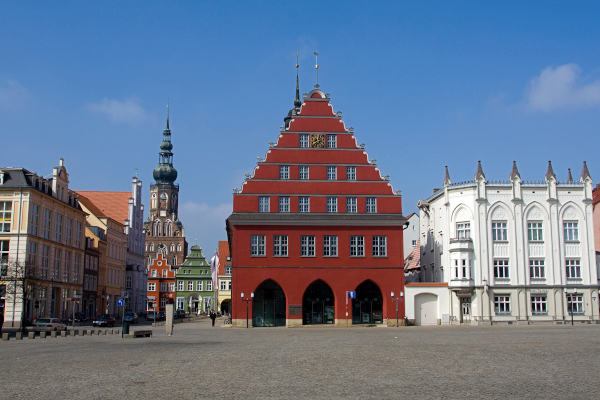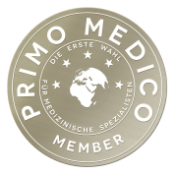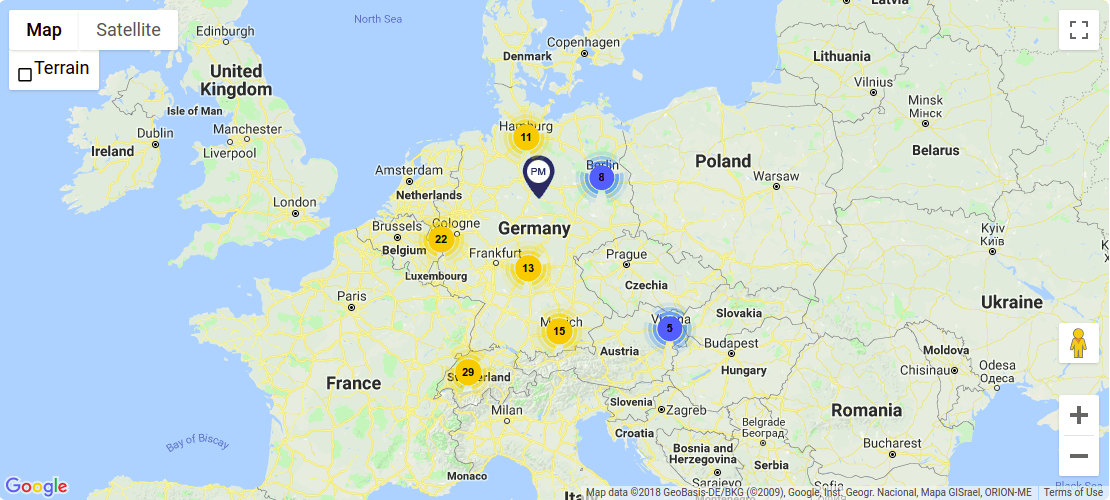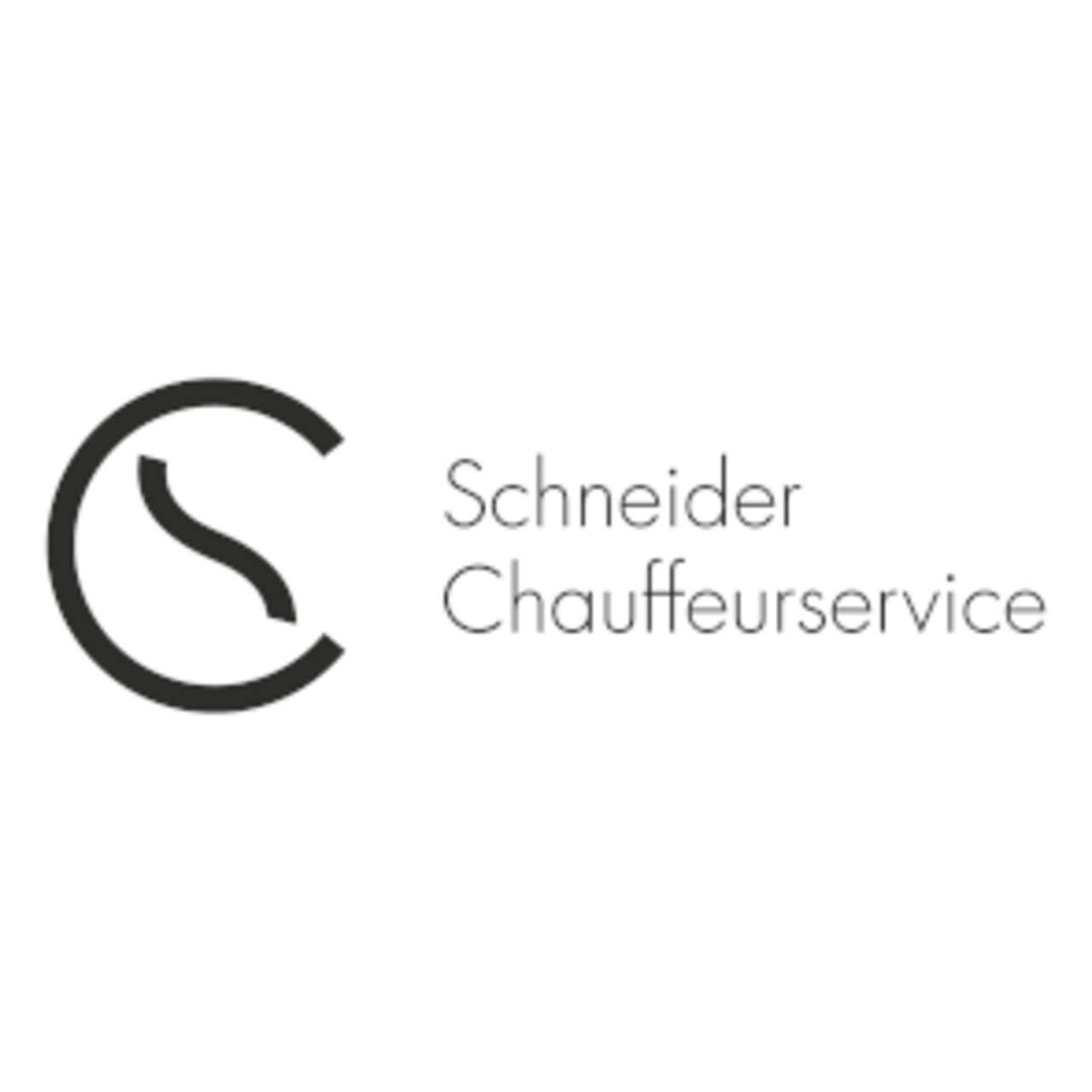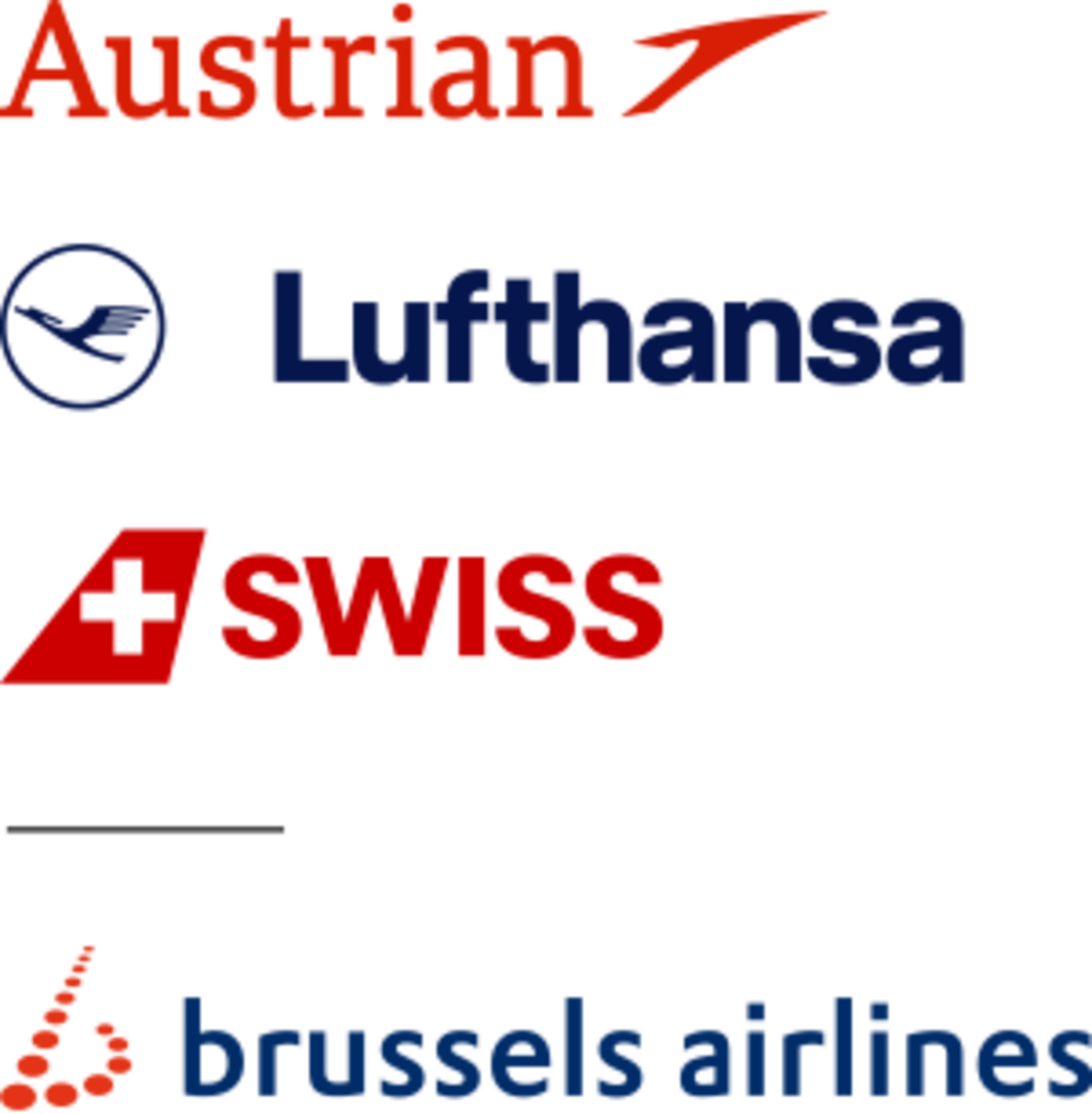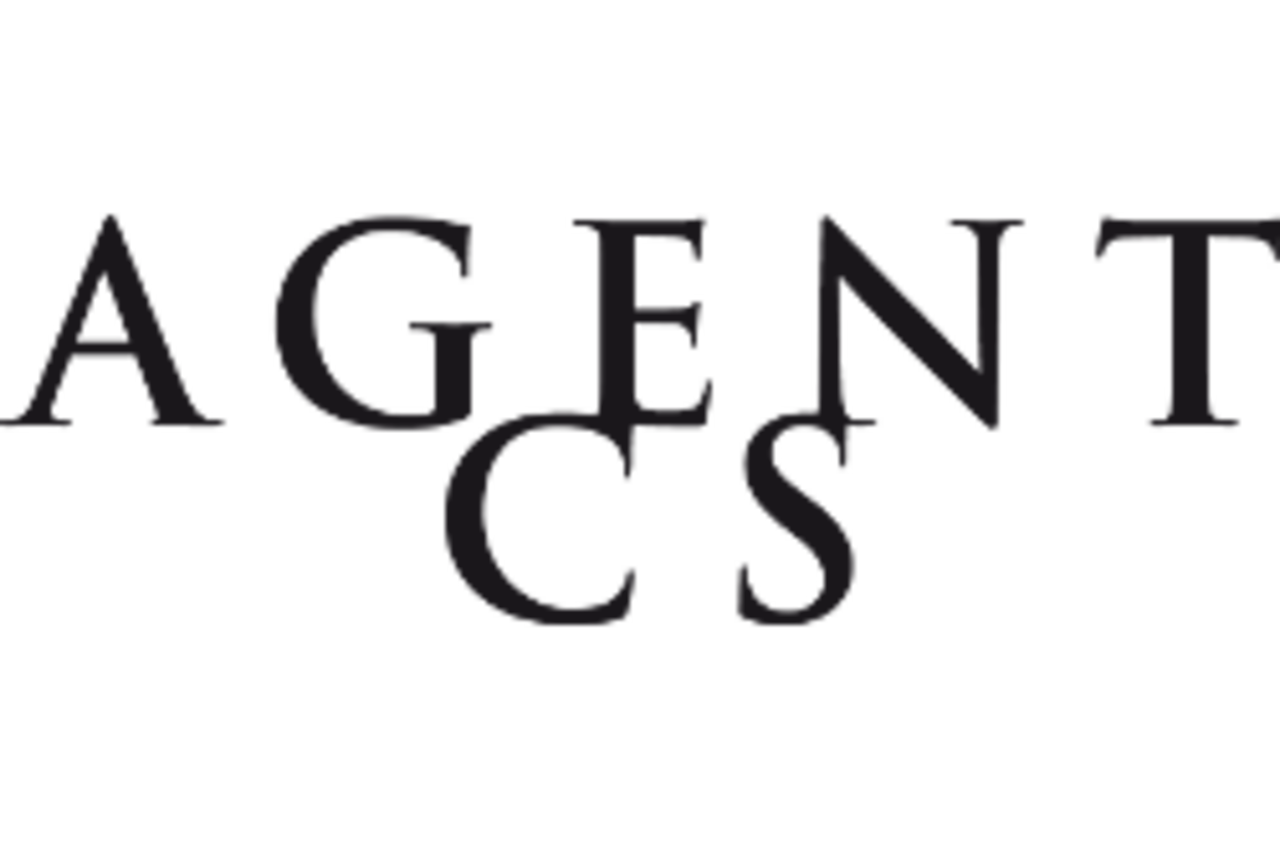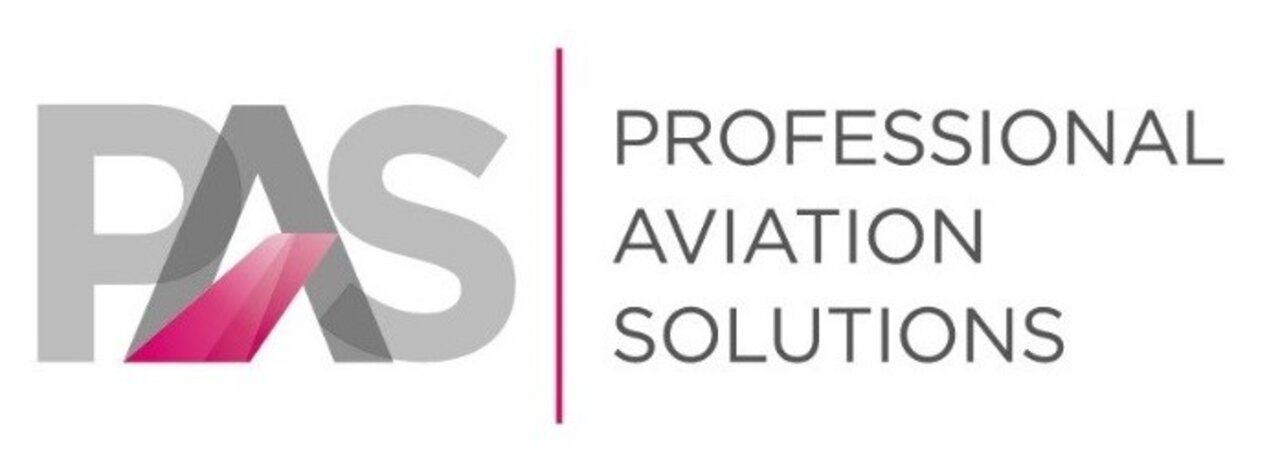Neurosurgery Specialist Mecklenburg-Western Pomerania: Prof. Dr Schroeder
Treatment focus
- Tumors (brain tumors (benign, malignant, including skull base), pituitary tumors, nerve tumors, spinal tumors)
- Cerebrovascular diseases (arteriovenous malformations, aneurysms, cavernomas)
- Microvascular decompression for trigeminal neuralgia and hemispasm facialis
- Degenerative and traumatic damage to the cervical, thoracic and lumbar spine
- Deformities of the brain, spinal cord, and skull
- Epilepsy surgery
- Functional stereotaxy (Parkinson's disease, dystonia, tremor)
- Peripheral nerves
Contact
University Medicine Greifswald
Department and Outpatient Clinic for Neurosurgery
Sauerbruchstraße, D-17475 Greifswald
P: +49 3834 495 4822 F: +49 3834 866 164
Consultation Hours:
By appointment

Medical Range
Diagnostic Range of Services
Complete Variety of Imaging Techniques for Neurosurgery
- CT
- CT angiography
- MRI
- MR angiography
- Ultrasound
- Digital subtraction angiography
- SPECT examination
- Scintigraphy
Therapeutic Range of Services
Neurosurgical Operation Techniques
- Minimally invasive endoscopic surgery of intraventricular processes and tumors
- Endonasal skull base surgery
- Endoscopic-assisted transcranial skull base surgery
Surgery of Intrinsic Brain Tumors
- Intrinsic brain tumors are operated on with the help of neuronavigation and monitoring. Surgery is performed as awake surgery for speech monitoring for tumors in the speech region. Anatomically and functionally, critical pathways are visualized using fiber tracking.
Microvascular Decompression for Nerve Compression Syndromes.
- Trigeminal neuralgia, hemispasm facialis, intermedius neuralgia, and vestibular paroxysms.
Interdisciplinary Pituitary Center
- Endoscopic surgeries in the pituitary region
- Performance of epilepsy surgery for the treatment of epileptic seizures in cooperation with the Department of Neurology (member of the Epilepsy Center)
Vascular Surgeries
- Arteriovenous malformations
- Aneurysms
- Cavernomas
- Dural arteriovenous fistulas
Spinal Surgery
- Ventral, dorsal, and 360° stabilization surgery
- Treatment of spinal injuries
Pediatric Neurosurgery
- Hydrocephalus
- Brain tumors
- Cysts
- Malformations (Arnold-Chiari malformation, tethered cord syndrome)
Surgery of
- Peripheral nerves
- Tumors
- Injuries
- Compression syndromes
- Arm Plexus
More Information
Card
Prof. Dr Henry W. S. Schroeder is a specialist in neurosurgery and Director of the Department and Outpatient Clinic of Neurosurgery at Greifswald University Medical Center.
As a center for minimally invasive neurosurgery, Prof. Schroeder's team treats pathological processes in the brain with keyhole surgery using high-quality endoscopes and state-of-the-art surgical microscopes. In addition, the department focuses on skull base surgery, epilepsy surgery, pituitary surgery, deep brain stimulation, treatment of vascular malformations, spinal surgery, and surgery of the peripheral nerves. A particular focus of the department is endoscopic-assisted microvascular decompression surgery for trigeminal, intermedius, and glossopharyngeal neuralgia and facial hemispasm. Over 800 of these surgeries have been performed to date.
Department and Outpatient Clinic for Neurosurgery in Greifswald
The Department for Neurosurgery at Greifswald University Medical Center offers, in addition to the usual routine procedures such as cerebral tumor resections and the surgical treatment of herniated disks, special consultations for vascular neurosurgery in the brain and spine and skull base surgery and pituitary tumors. In addition, the outpatient clinic is equipped to treat children.
Minimally Invasive Neurosurgery: Keyhole Surgery for Brain Tumors
Large portions of the skull rarely have to be removed for neurosurgical procedures. Thanks to modern surgical microscopes and high-resolution endoscopes, and angled instruments, modern neurosurgery is, in many cases, minimally invasive. Depending on the location, tumors can be removed entirely endoscopically through the nose, the ear canal, 1-cm-sized drill holes, or small bone windows.
Specialist for Pituitary Tumors, Nerve Tumors, and Spinal Tumors in Mecklenburg-Western Pomerania
Tumors of the pituitary gland are almost always benign adenomas and are usually conspicuous by compression of adjacent structures or abnormal hormone activity. Since the pituitary gland produces, among others, the growth hormone somatotropin, uncontrolled proliferation of this tissue leads to coarsening of the hands and facial features. If such a tumor already grows in childhood, excessive secretion of somatotropin can cause massive growth in children.
An overproduction of the hormone prolactin can also lead to mammary gland tissue stimulation by a pituitary gland tumor. The consequence is galactorrhea, i.e., breast milk production, which manifests as a milky discharge from the mammary and can also occur in men.
In the course of peripheral nerves, benign tumors of the nerve sheaths may grow. These are usually noticed by rough swellings along a nerve pathway and can be removed entirely by microsurgery, usually with complete preservation of nerve function.
Tumors on neuronal structures of the spine are often benign, especially if they are intradural, i.e., within the meninges or spinal cord. However, they become clinically apparent by compression of the spinal cord and associated signs of paralysis. Therefore, they can usually be removed entirely by surgical resection. If left untreated, they can cause irreversible paraplegia. However, malignant tumors from other body regions frequently form metastases in the spinal canal of the spinal column. Since these metastases inevitably lead to paralysis due to spinal cord compression, surgical removal in this case also significantly increases the quality of life.
High Expertise in the Treatment of Cerebrovascular Diseases
Most diseases of vessels become conspicuous either acutely by bleeding symptoms with seizures, paralysis, and disturbances of other neurological functions and thus require immediate action. In addition, radiologic imaging requested elsewhere leads to incidental diagnoses of these vascular lesions.
Arteriovenous malformations are pathological vascular courses in the brain that result from a congenital short circuit between feeding arteries and draining veins without an interposed capillary network as resistance. As a result, this leads to high blood pressure with the formation of vessel wall bulges (aneurysms).
Since these malformations cause severe intracerebral hemorrhages when they rupture, which, depending on their location, result in various neurological deficits, such as hemiplegia, speech, and balance disorders, they should absolutely be treated when the diagnosis is made. Therapy rests on three pillars: surgery, embolization, and radiation. The goal of treatment is always the complete closure of the vascular conglomerate, which, incidentally, has no part in supplying the brain structures.
Aneurysms are bulges in the cerebral vessel walls that can rupture at any time and cause a severe intracerebral hemorrhage. To prevent severe irreversible paralysis and neurological deficits, such aneurysms should be defused neurosurgically when they reach a critical size and location.
Cavernomas are tumors of thin-walled vessels and can, in principle, occur in any body region. However, if they are located in the brain or spinal cord, their treatment is the responsibility of neurosurgery. Here, too, the aim is usually a complete removal of the possible source of bleeding.
Many Years of Experience in the Field of Degenerative & Traumatic Damage to the Cervical, Thoracic and Lumbar Spine
In addition to filigree interventions in the brain, the department also regularly performs routine interventions on the entire spine. The most significant part of these procedures is reconstruction to maintain stability after trauma. Greifswald University Medical Center is a supraregional center equipped for the surgical treatment of spinal fractures of all degrees of severity.
Malformations of the Brain, Spinal Cord, and Skull
Prof. Dr Henry W. S. Schroeder is also happy to advise his patients and their relatives on congenital malformations of the central nervous system and its bony envelope structures. Of course, individual therapy depends on the localization and severity of the malformation. However, it always serves the goal of avoiding hydrocephalus (water head) due to CSF congestion and enabling age-appropriate development of the child's nervous system.
Expert in Neurosurgical Treatment of Epilepsy
Epilepsy is a disease associated with spontaneous electrical discharges in the brain, most of which manifest as severe seizures of the skeletal muscles. In most cases, these disorders can be treated with medication to enable the patient to lead a seizure-free life. Nevertheless, pharmacoresistant forms of epilepsy remain, in which the patients can possibly be helped with epilepsy surgery. For this purpose, the seizure focus, the epicenter in the brain, is localized and removed after clarification of the expected neurological deficits. This can often significantly improve the quality of life.
Diseases and Injuries of the Peripheral Nerves
In addition to procedures on the central nervous system, which includes the brain and spinal cord, peripheral nerve injuries are also cared for. If left untreated, these lesions often lead to severe sensory and motor deficits in the patient's affected areas. Therefore, professor Schroeder and his team also treat nerve bottleneck syndromes such as carpal tunnel syndrome to provide those patients with a significant gain in quality of life.
Curriculum Vitae
| since 12/01/2004 | Full Professor and chair of the Department of Neurosurgery |
| 06/082004 – 12/01/2004 | Apl.-Professorship |
| 02/01/2003 – 12/01/2004 | Temporary Head of the Department |
| 16/05/2001 | Venia legendi, Appointed Senior Physician |
| 03/07/2001 | Habilitation, Topic: "Neuroendoscopic Therapy of Arachnoid Cysts, Intraventricular Processes, and Aqueductal Stenoses“ |
| 09/04/1996 | Recognition as a Specialist |
| 09/01/1989 – 09/04/1996 | Scientific Assistant at the Department of Neurosurgery of the Ernst-Moritz- Arndt-University |
| 01/09/1990 | Doctorate, Topic: "Influence of Sodium Thiocyanate on the Humoral Immune Response in the Splenectomized Guinea Pig," magna cum laude |
| 08/26/1989 | License to Practice Medicine |
| 1983 – 1989 | Study of Human Medicine, Ernst-Moritz-Arndt-University Greifswald |
Team
- Dr J.-U. Müller
Representative Director - Prof. Dr J. Baldauf
Acting Senior Physician - Dr Dennis Päsler
Senior Physician - Dr Stephan Nowak
Senior Physician - Dr Dr rer. nat. W. Kleist-Welch Guerra
Specialized Physician - Dr Ehab El Refaee
Senior Physician - Dr Sarah Schmidt-Howell
Specialized Physician - Dr Marton Eördögh
Specialized Physician - Dr Loay Shoubash
Specialized Physician
Extras
The clinic offers accommodation in modern equipped single-patient rooms if these are available. However, rarely may this service not be provided due to a shortage of beds in the entire hospital. In this case, we ask for your understanding.
Transport Connections
| Greifswald Station | 3 km |
| Neubrandenburg Airport | 65 km |
| Rostock-Laage Airport | 108 km |
| Airport Berlin-Brandenburg (Pickup service available) | 260 km |
Information about Greifswald
Greifswald is a historic Hanseatic city in north-east Germany, situated on the Baltic Sea, and is known for its well-preserved old town and renowned university, which was founded in 1456. The city offers a picturesque backdrop with the Greifswalder Bodden, which is ideal for sailors and nature lovers. Culturally, Greifswald is characterised by the painter Caspar David Friedrich, whose romantic landscape paintings were inspired by the region.
